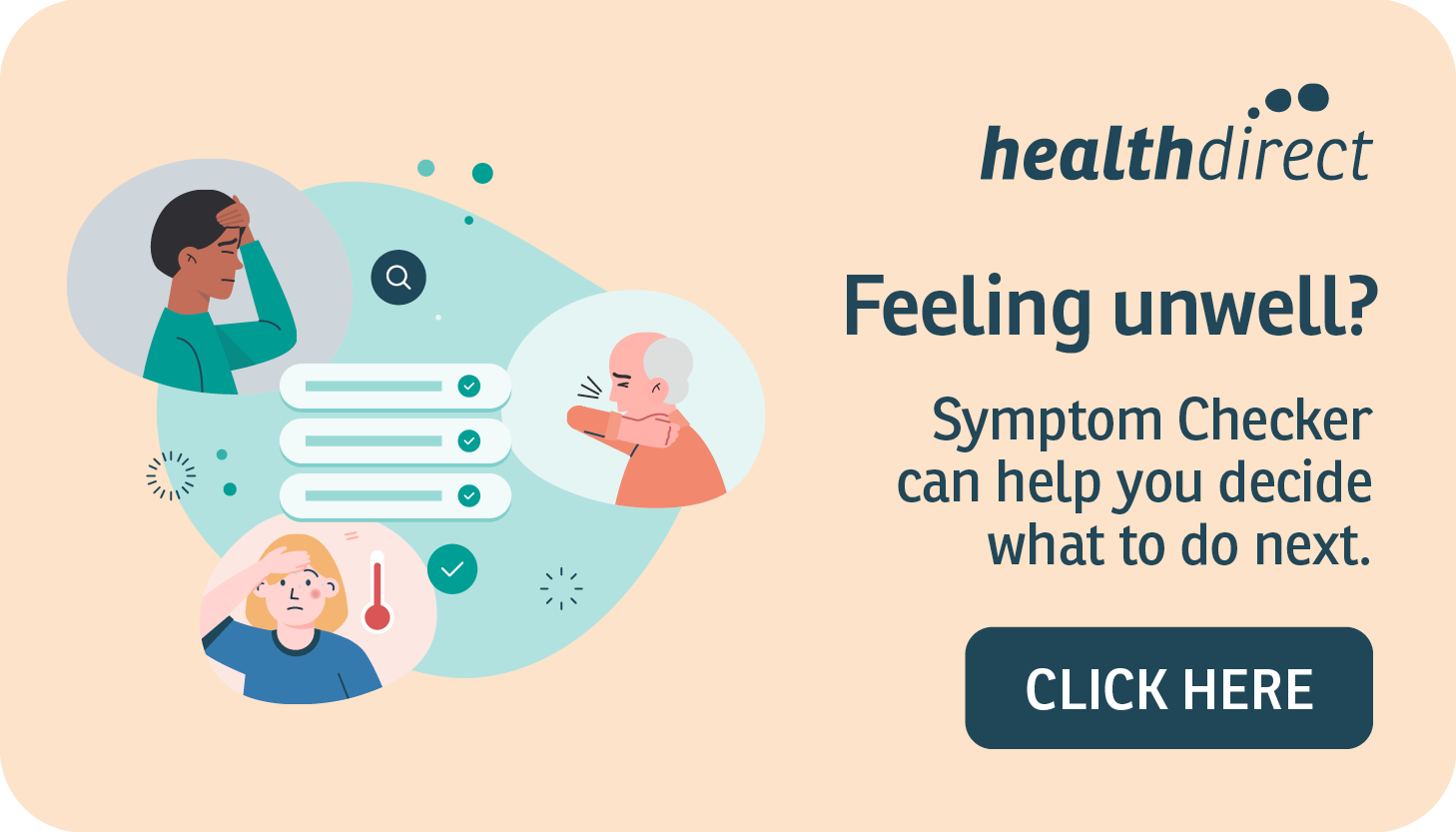I have three beautiful boys, Ted (7), Angus (4) and Darcy (1). Our life is incredibly full and busy, as my husband and I run our own large sheep and cropping farm. Being on a farm means that maternity leave looks a little different, and paternity leave doesn’t really exist.
I’m also a clinical psychologist, which means I know all the things “I should be doing”, but in reality, I’m human just like everyone else, and sometimes it’s hard to put the things in place that would help the most.
My first experience of postnatal depression hit when Ted was about 7 months old. He was a sparkler child from the moment he was born. The first 3 months were not so bad as we rolled through the newborn rhythms of feed, sleep, change nappies, repeat. I used a baby carrier a lot – so would potter through the day, doing what I needed to do.
When Ted hit 14 weeks I remember everything changing. Suddenly we were stuck in a cycle of 45-minute sleeps, and he no longer fell asleep after a feed. It would take 1-2 hours of feeding, then trying everything under the sun – bouncing on a ball in a dark room, rocking back and forwards, pacing around the kitchen with him in my arms or a baby carrier – to eventually get him to sleep. Only to have him wake again 45 minutes later. On a 24 hour cycle. This felt like it went for an eternity – I tried everything except cry it out, as that was just something I couldn’t do.
I was exhausted, empty, and felt like I was failing him and everyone else. Ted started crawling at 7 months and around that time I remember going to see my CAFHS nurse (again) who unhelpfully stated “maybe he’s just an active baby and you just have to get used to him”. At this point I felt so let down by the system, as someone who struggles to ask for help, I was trying to tell her I was drowning and she just couldn’t see it.
Luckily for me, my sister and husband could. At a time where I was struggling to do much during the day except for lie on the floor while Ted crawled around me, and then get back in the struggle of trying to get him to sleep, they helped me to see that I needed some more help. My lowest and scariest point at this time was giving Ted a bath, and wondering, just for a moment, whether I could get some peace if he just slipped under the water.
With the help of a friend from my mother’s group, I made time to go and see my GP, and my friend met me and took Ted so that I could actually have time to talk in the session. I started antidepressants immediately and booked in to see a psychologist. Starting the antidepressants helped me to then be able to engage with the psychologist and put in place some of the practical steps (which I knew about, but hadn’t been able to do myself). Over the course of the next 6 months, I continued to see my psychologist. She helped me remember practical strategies, such as gratitude journalling and starting to go for walks, but also helped me get some perspective. She helped me to unpack a lot of the changes that happen, not just physically, as we move into motherhood. Those feelings of helplessness, frustration, overwhelm, and the lack of being able to just do the things that you want to do.
When I was pregnant with my second baby, Angus, I prepared myself again by seeing my psychologist to review what helps – but this time, I went through those early months and years without falling into postnatal depression. Then, when I was pregnant with my third son, Darcy, I prepared again – and thought I’d be okay. But, I wasn’t. I had an incredible birth with Darcy (super quick, on the side of the road!), and he slipped fairly effortlessly into our lives. As a third baby, on a busy farm, life continued to revolve around him. Because he was fairly settled, I found myself quickly returning to doing mode soon after he was born. When Ted and Angus were at school and child care, during those early months when Darcy was either asleep or just settled in his cot – I would keep up with the farm bookwork, or undertake online courses and learning, as part of an award I’d received earlier in the year.
However, I soon learnt that the “golden month” or “fourth trimester” is about rest for both the mother and baby. When I headed to my 6-week check-up with my GP, I burst into tears, because although my body was recovering well, emotionally I wasn’t. In pushing myself to keep doing more, being more, and being on all of the time – I had burnt myself out. This time my postnatal depression was a mix of low mood, but also anxiety and constantly feeling on edge. Feeling like I needed to be doing more, being more, for everyone. And the scary part this time was the rage, the rage that came particularly towards my older two children. The rage of motherhood isn’t talked about very often, and we need to talk about it.
Realising again that I wasn’t ok, I started back on antidepressants, and linked in with my psychologist. As there was going to be a wait to see my psychologist, I also linked in with peer counselling through the PANDA Helpline, and it was when I talked to a mum who had been there before me, that she helped me see just how much I had on my plate, and how unrealistic my expectations were of myself.
For me, there’s not a clear line in the sand between when I had postnatal depression and when I didn’t. I still take my antidepressant medication, as it’s a relatively simple tool to keep in my toolkit. But I also try to keep building up my other tools – namely, remembering that self-care isn’t selfish, it’s necessary. And that taking small amounts of time for me, whether it’s to do mindfulness, journalling, going for a walk, or working in my business – helps me to be me, and helps me to be a better mum to my beautiful boys.
Stephanie's Story
Please submit your details below and we will be in touch soon.
Related Fact Sheets

a new mum's story
this Christmas


%201.webp)





















.png)

